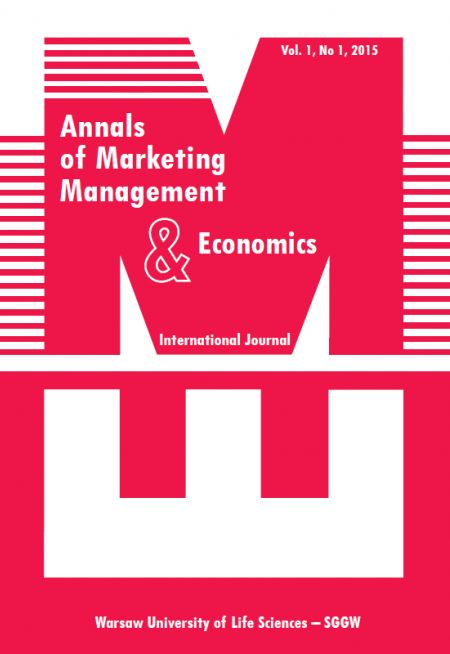Main Article Content
Article Details
Beztelesna L., 2014. Internationalization of high education under the conditions of international migration as a medium of human potential, Herald of Khmelnytsky National University 3, 254-257.
BILYAKOVSKA O.V., 2011. Educational Migration Of Ukrainians To Poland: Socio-Psychological aspect, (in:) Socio-economic and ethnocultural consequences of migration for Ukraine: Collection of materials of research and training conference, Kyiv, 27 September 2011, 231-237.
Filatov V.M., Romashova Y.V., 2014. Специфічні ознаки освітньої міграції та її місце в структурі міграційних потоків (Specific features of educational migration and its place in the structure of migration flows) [in Ukrainian], Efficient Economy 2, 331-556 :332.1(477), retrieved from http://www.economy.nayka.com.ua/?op=1&z=2785.
Hrymblat S., Voronov M., 2004. Strategy of Personnel Management (View from the Future to the Future) [in Ukrainian], NHyka-Tsentr.
Krasnyakov E., 2011. State educational policy: essence of the concept, systematic nature, historical and political aspects, Theoretical Journal of Public Policy 20, 21-24.
Kryvenko Y.I., 2011. Socio-philosophical analysis of the causes and mechanisms of migration of human resources in postmodern society, Scientific Bulletin of Chernivtsi University, Collection of Scientific Works, "Philosophy" 561-562, 217-221.
Kucherenko D., Martyniuk O., 2011. Strategies of educational systems in the countries of the world, NCI DSZU.
Law on State Budget of Ukraine for the year 2015 as of 28 December 2014. No 80-VIII, retrieved from http://zakon5.rada.gov.ua/laws/show/80-9/print1446127105290717. (Crossref)
Malinovska O.A., 2012. Diversification of population in Ukraine under the influence of international migration: a challenge and ways to respond: analytical report, National Institute of Strategic Research, NISS.
OECD, World Bank, 2007. Cross-border Tertiary Education: A Way towards Capacity Development.
Petrova T.P., 1996. The concept of state migration policy of Ukraine: target orientation and basic directions, Scientific Research Centre for the Employment Issues and Job Market.
Romanenko I.O., 2014. Causes and consequences of intellectual labour migration. Actual questions of financial and economic development of the country and regions, Collection of abstracts of scientific papers of the International research and training conference "New Economy", 113-117.
Stepaniuk N.A., 2014. Глобальна фінансова нестабільність: реалії та перспективи (Global financial instability: realities and prospects) [in Ukrainian], Efficient Economy 1, retrieved from http://www.economy.nayka.com.ua/?op=1&z=2697 [accessed: 01.03.2017].
Stepaniuk N.A., 2016. Characteristics of migration processes with manifestations of crisis. Economy and management of national economy: state, trends and prospects. Materials of the Third International Scientific Conference, Odesa, 23-24 June 2016, ONEU, 79-81.
Making learning mobility an opportunity for all. Report of High Level Expert Forum on Mobility, retrieved from http://ec.europa.eu/education/doc/2015/mobilityreport_en.pdf[accessed: 01.03.2017].
Uriadovyi portal, 2016, retrieved from http://www.kmu.gov.ua/control/[accessed:01.03.2017].
Monthly minimum wages in euro varied by 1 to 10 across the EU in January 2015, Eurostat, retrieved from http://ec.europa.eu/eurostat/documents/2995521/6652357/3- 26022015AP-EN.pdf/42097ff5-231b-4116-b0cf-8a28ca316f84 [accessed: 01.03.2017].
Official hryvnia exchange rate to foreign currencies, National Bank of Ukraine, retrieved from http://www.bank.gov.ua/control/uk/curmetal/detail/currency?period=daily[accessed: 01.03.2017].
Zhurakovska L., 2014. Trends of the educational migration in the context of globalization of economic development, "Demography and Social Economy" 1 (21), 233-242. (Crossref)
Downloads

Utwór dostępny jest na licencji Creative Commons Uznanie autorstwa 4.0 Międzynarodowe.





